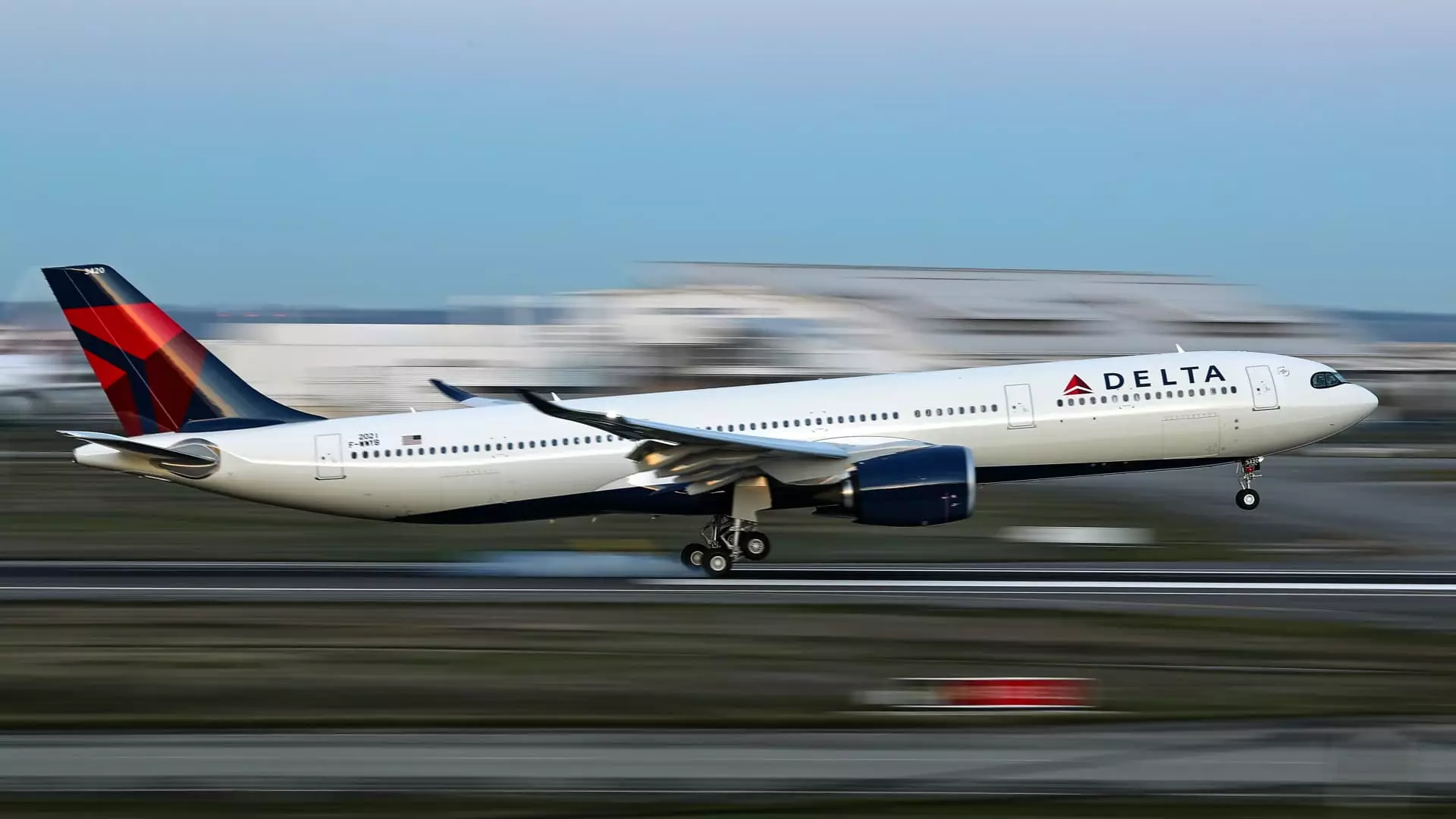In the fiercely competitive airline industry, the focus on traveler segmentation is intensifying, and Delta Air Lines is clearly recognizing the strategic importance of its premium cabins. Historically, airlines have been quick to innovate at the lower end of their service spectrum—creating variants like basic economy to appeal to cost-conscious travelers. Yet, the modern premium traveler no longer seeks just comfort; they yearn for tailored experiences that justify the premium price tags. Delta’s current exploration into reimagining its premium cabins underscores a bold acknowledgment: the future of airline luxury lies in customization, value, and emotional connection rather than sheer opulence alone.
This approach signifies a maturation of the premium travel market where airlines implicitly understand that the traditional one-size-fits-all model of First and Business Class is outdated. Instead, Delta is contemplating a flexible, segmented offering—potentially mixing the classic “suite” concept with new pricing tiers, to align more closely with the diverse needs of high-end travelers. This move reveals an awareness that affluent flyers are increasingly sophisticated; they want more control over their experiences, whether that’s extra privacy, social dining spaces, or personalized service options. The airline is not just upgrading seats but is redefining what it means to fly premium.
Innovation Through Customer-Centric Testing
Rather than rushing into new cabin configurations, Delta is adopting a cautious, data-driven approach. The airline recognizes the importance of understanding traveler preferences before implementing widespread changes. The current testing phase, involving customer surveys and market experiments, indicates an intent to deliver offerings finely tuned to demand. Such strategic experimentation demonstrates Delta’s commitment to balancing innovation with customer satisfaction—an essential move in an industry marked by razor-thin margins and high operational costs.
However, this cautious approach also exposes underlying strategic questions. Will these modifications increase perceived value enough to justify ticket price increases or optional add-ons? Or will they risk diluting the premium experience by introducing less luxurious options? While some see this as a calculated evolution, skeptics may argue it could lead to a fragmentation of perceived exclusivity. Nonetheless, Delta’s willingness to adapt and specifically target premium segments suggests a recognition that luxury travel must evolve beyond the traditional “luxury” model to stay relevant and competitive.
Industry Trends and Competitive Dynamics
Delta’s moves are not happening in isolation; rival airlines are also investing heavily in their top-tier cabins. United’s Polaris and American’s upgraded Dreamliners suggest a broader industry trend toward creating more intimate, customizable, and visually impressive spaces at the front of the plane. The inclusion of features like space for socializing, private dining, or larger seats hints at a desire to craft in-flight environments that are as much about experience as they are about transportation.
Additionally, Virgin Atlantic’s “Retreat Suite” exemplifies how airlines are pushing the boundaries of privacy and comfort, effectively turning the premium cabin into a social or even semi-private lounge in the sky. These innovations challenge the classic notion that luxury is solely about opulence; instead, they prioritize experience, social interaction, and exclusivity.
For Delta, the question remains whether these emerging trends will be integrated into their flagship flights or reserved for select routes. CEO Ed Bastian’s acknowledgment that premium cabins are evolving suggests that Delta sees ongoing value in maintaining a state-of-the-art product, even if that means incurring substantial costs for upgrades. The focus on continuous technological and design improvements reflects an understanding that in luxury aviation, staying ahead is vital to maintaining competitive advantage.
Reconsidering the Essence of Premium Travel
Ultimately, Delta’s strategic exploration into new premium cabin models challenges airline complacency. In an industry where thin margins still dominate, this push toward innovation reveals a bold conviction: premium cabins must adapt or risk obsolescence. Travelers are more demanding, more aware, and less willing to accept cookie-cutter luxuries. Airlines that can merge luxury with personalization—offering choices that resonate on an emotional and experiential level—will set themselves apart.
The real question is whether Delta’s careful testing and incremental upgrades will yield a significant shift in perceived value and loyalty among high-end customers. If successful, this could redefine modern air travel, transforming premium cabins into bespoke experiences rather than simply plush seats with amenities. It’s about creating a new paradigm where quality, flexibility, and individuality converge, making flying a truly memorable part of the journey rather than just a means to an end.


Leave a Reply